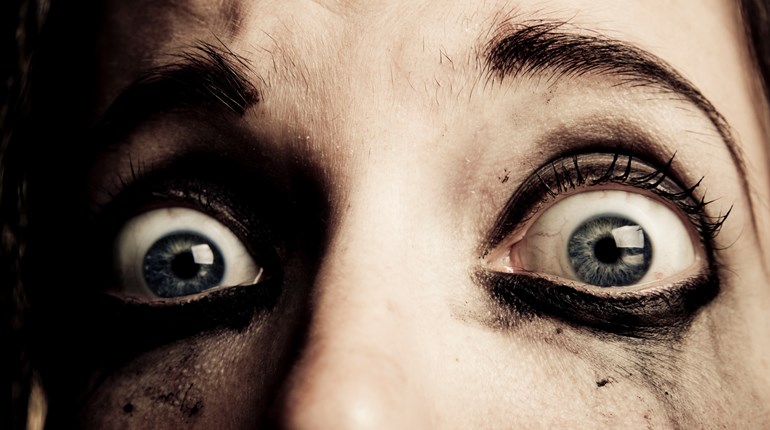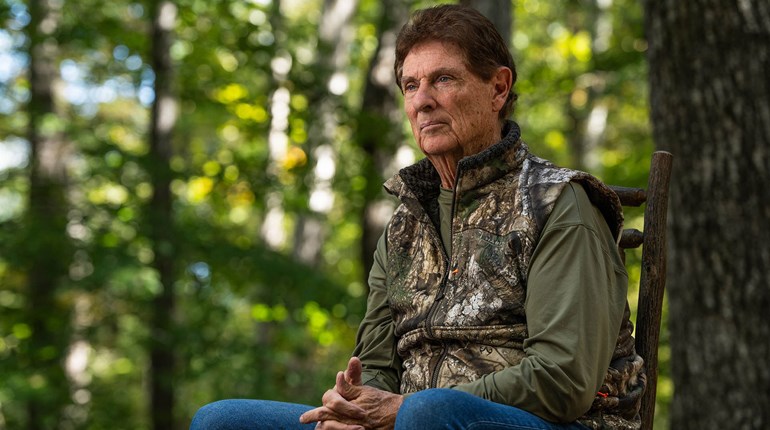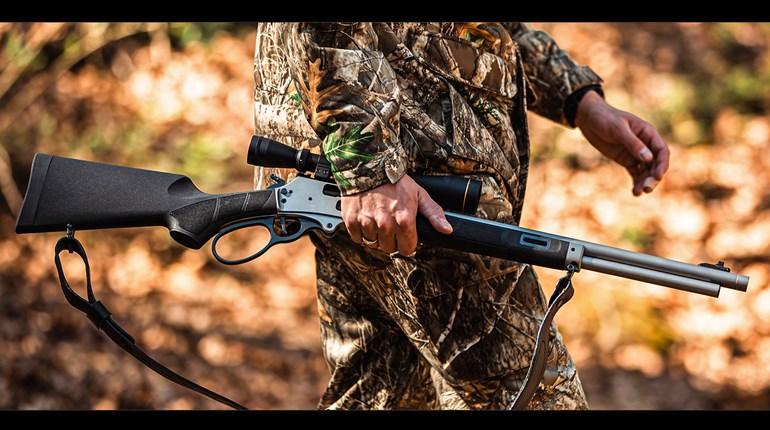
Bill Jordan and I became friends in about 1976 and remained so until his death in 1997. Born in Louisiana in 1911, Jordan had a lengthy career in the U.S. Border Patrol, interrupted by World War II service as a fighting Marine. After his Border Patrol retirement, he became a National Rifle Association field representative and traveled the country, putting on his shooting exhibitions and making friends with gun folks. Even today, wherever shooters gather, several will have a “Bill Jordan story” to share with the group.
And, Bill’s shooting exhibition was really something. Blessed with extremely fast reflexes, Jordan would impress the crowd with his speed work and his point shooting. Among other things, he would put a small rubber ball on the back of his shooting hand, then he would draw his Smith & Wesson Model 19 so fast that the ball would fall into an empty holster. He would usually end up his little show by point shooting an aspirin tablet from several yards away. What was just as entertaining were his humorous comments throughout. In fact, an NRA film of one of Jordan’s shows is still available on YouTube.
Jordan was also well known for a little book he published in 1965. “No Second Place Winner” is still available and still in print, having sold probably in excess of 200,000 copies by now. Interspersed with tales of gunfights along the Rio Grande, the book goes into great detail about fighting guns, holsters, ammo and techniques that save lives. It is one book that should be on the bookshelf of every serious defensive shooter.
Like Jelly Bryce, Rex Applegate, Dan Combs and other gunslingers of that era, Jordan was an advocate of point shooting. Today, point shooting has become unpopular among defensive shooters, primarily because many of today’s shooters simply don’t understand it. Jordan, and others, only advocated it for use at very close range and used their sights at any longer distance.
Point shooting requires quite a bit of practice and the firing of several thousand rounds of ammunition to perfect. Even then, it is only effective at close range, with a maximum distance of something in the neighborhood of 10 yards or so. However, with due attention to perfecting the skills and good reflexes, a defensive shooter can be getting hits while the attacker is still thinking about it. The fact that the Modern Technique of the Pistol will allow a student to obtain a level of proficiency with less time and ammo expended does not mean that point shooting doesn’t work when properly applied.
Bill Jordan was also ahead of his time in teaching other defensive skills. While many of his contemporaries were using a deep crouch and other dramatic shooting stances, Bill advocated standing erect and moving only those parts of his body necessary to getting his shots off in a hurry. He simply felt—and rightfully so—that such movements were a waste of time when time was of the essence. He would stand with his head up and move only his shooting shoulder and hand to draw and get the shot off in an almighty hurry. By the way, he was recorded as drawing and hitting his target in .27 second.
Jordan also admonished defensive shooters that, once they started their draw, they should never stop until the shot was fired. From the time he went for his gun until the shot was fired, it was all one continuous motion. In his mind, the only thing that should stop the defensive shooter is that the attacker has dropped his or her weapon, thrown up their hands or turned to run; in other words, they had done something that no longer makes them a threat.
In cases where the fight lasted more than a couple of shots, Jordan was an advocate of incorporating movement in order to confuse the attacker. In a like manner, he suggested that the defensive shooter also make use of any available cover. He strongly believed that the armed citizen should take whatever advantage was available when attacked by a criminal. These and many other life-saving suggestions are found in “No Second Place Winner.”
What many folks didn’t know about Jordan is that he was equally adept with just about any kind of firearm. On several of our deer hunts, I was impressed by his ability with the hunting rifle. And I can assure you, you didn’t want to get into a little side bet with him when it came to the use of a shotgun on birds or clay targets. The man could shoot.
However, the thing that I liked most about Bill Jordan was that he sincerely liked people. There was none of the sour, stern gunfighter image about him at all. And he really enjoyed visiting with people and swapping stories, as any of the thousands who met him at SHOT Show or the NRA Annual Meetings can attest.
Bill Jordan was everything good about the firearm industry. He was my friend, and I miss him.




































